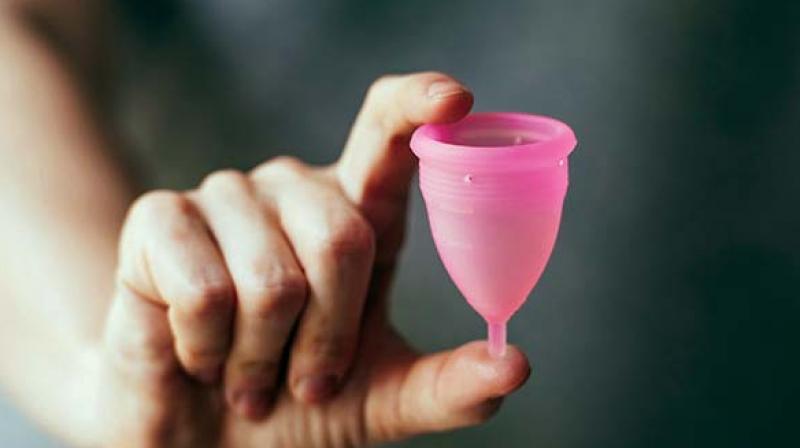Menstrual cups, towards a cleaner, healthier society

BENGALURU: Irrespective of the advancements, the city still lags when it comes to proper awareness on women's health and hygiene, especially during their menstruation cycle. Doctors and activists across Bengaluru believe that the convenient habit of using pads and the hesitation to discuss about periods are eventually proving to be the blinders adding to city's waste and compromising on women health.
Pads are not as hygienic for a woman's health as they seem. They contain chemicals like acetone, chloromethane, etc to do away with the smell and handle absorption. "Though we know that the pad contains chemicals, we use it because we are comfortable with it," said Sowmya (39), a homemaker. She said there is insufficient awareness about alternatives like menstrual cups.
Dr Purnima Patil, a gynaecologist, said, "Menstrual cups are more hygienic and reliable and they come with a reasonable price as it is a onetime investment. Most women are unaware and not educated about menstrual cups. We need to get over our hesitation and discuss openly about periods and solutions surrounding it."
A menstrual cup is a feminine hygiene product that is made of silicone, shaped like a bell. It is worn inside the vagina during the menstruation to catch the menstrual fluid. These are easier to clean, healthier and long lasting, while sanitary pads may cause allergies.
"Women are so comfortable with pads that though there are concerns about the hygiene, it is an easy way out and a settled practice. The adaptability is another issue for women," said Dr. Shankare Gowda, a gynaecologist from BGS Global Hospital. He said that if the bigger picture of women's health and garbage disposal problems in the city is considered menstrual cups are a better option.
An average of around 150 tonnes of garbage is produced in the city each day because of the sanitary napkins and diapers. Ten pads per month x 12 months x 40 years x No. of women in Bengaluru equals to one entire city to bury that waste, reveals data provided by 'Green the Red' campaign.
A group of women in the city have started the "Green the Red" campaign. They visit corporate offices, NGOs and apartments to spread the word about menstrual cups. "People should know they do have a choice. Many women hesitate to use it since it must be inserted in the vagina. It's one of the most comfortable and hygienic product. There are several schemes and subsidies by the government on pads and women are used to them. The government should provide subsidies for products like cups, which make them affordable," said Smita Kulkarni, a member of the campaign and co-founder of Stonesoup.
"Women should be aware that dumping of used pads goes beyond women's hygiene or being a blot on the city's aesthetics. This pad garbage often blocks drains and exposes waste pickers to infections and gore as it is highly unhygienic to pick up and transport," activists said.

